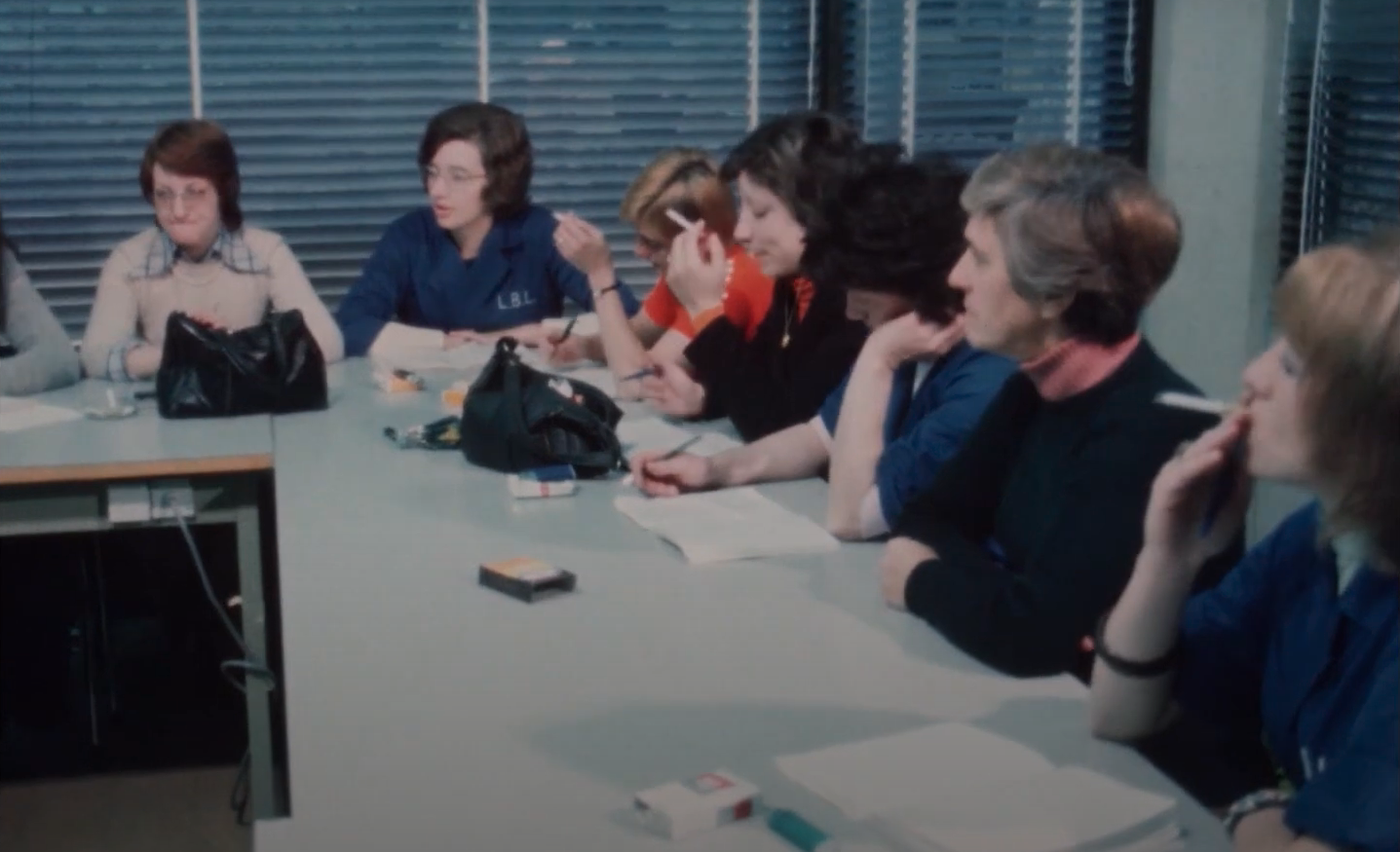Coline Grando
I must say that the working conditions at the Liberated Broom weren’t the norm in the 1970s either. But clearly, the pace of work was not the same and it was much more family-like. That doesn’t mean that working conditions were great, or that they didn’t suffer at work.
With the tendering system, the only factor the boss can adjust is the number of workers. The salary cannot be changed because there are collective agreements and the equipment cannot be made much more productive. The fewer people hired, the faster the pace and the heavier the burden on the workers’ shoulders. In the case of the university, which is spread over many buildings, people are alone all day. They barely see their colleagues.
In addition to the physical damage, there is enormous moral damage: they are no longer allowed to do their job properly. This is the big difference with the Liberated Broom, where they were proud of doing a good job with good equipment. They said it sparkled, that there wasn’t a line of dirt on the floor, that they washed the walls. Every summer, they would remove all the furniture from the offices and give the whole room a thorough clean.
Today they aren’t asked anymore to clean properly; they are asked to make it look clean as quickly as possible.
Moreover, with outsourcing today, the workers are isolated symbolically. They don’t wear the same clothes as the people who work for the university. In theory, they are not allowed to have their coffee in the cafeteria used by researchers and university administration staff. They are constantly reminded that they are not part of the university. But they have been working at the university for twenty-five years and when asked what they do for a living, they don’t say, “I work for a company that will change in three years.” They say, “I work at the university.” I found it…
Auteur: Coline Grando

